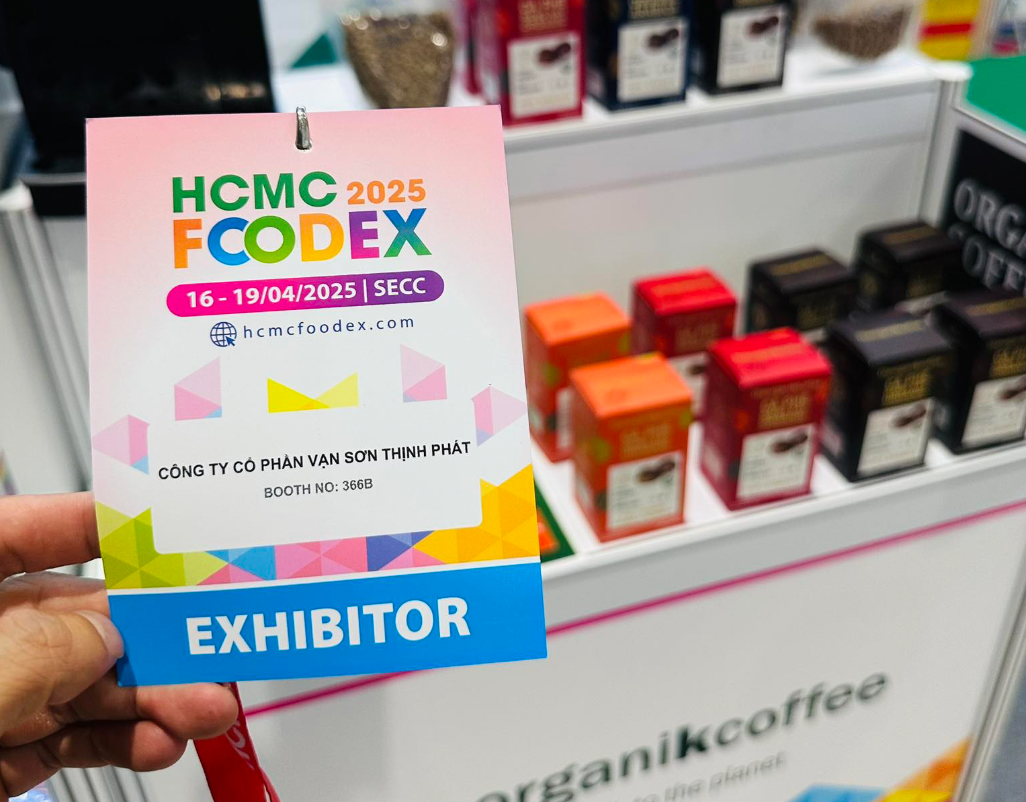The differences between organic and non-organic (conventional) coffee are significant, particularly in terms of farming practices, environmental impact, health implications, and often taste. Here’s a breakdown of the key differences:
-
Farming Practices:
- Organic Coffee: Grown without synthetic pesticides, herbicides, fungicides, and fertilizers. Organic farming practices include crop rotation, composting, and biological pest control, which help to maintain soil health and ecosystem balance.
- Non-Organic Coffee: Grown with the use of synthetic chemicals to enhance plant growth and prevent pests. These practices can lead to soil degradation and can be harmful to surrounding ecosystems.
-
Environmental Impact:
- Organic Coffee: Has a lower environmental impact due to the prohibition of harmful chemicals, promoting biodiversity and reducing pollution and water contamination. Organic farming practices also tend to emphasize water conservation and reduce the carbon footprint.
- Non-Organic Coffee: Can lead to environmental degradation due to the heavy use of synthetic chemicals, which can contaminate soil, water, and air. It may also lead to a reduction in biodiversity due to monoculture practices.
-
Health Implications:
- Organic Coffee: Potentially healthier for the consumer as it is less likely to contain residues of synthetic pesticides and fertilizers. Some studies suggest that organic foods, including coffee, might contain higher levels of antioxidants.
- Non-Organic Coffee: May contain residues from pesticides and fertilizers used in the growing process. Long-term exposure to these chemicals can have health implications for farmers and consumers.
-
Cost:
- Organic Coffee: Often more expensive than non-organic due to the more labor-intensive agricultural methods and the cost of obtaining organic certification. However, many consumers are willing to pay a premium for the perceived health and environmental benefits.
- Non-Organic Coffee: Generally cheaper than organic coffee due to higher yield rates and the use of synthetic chemicals, which reduce the cost of production.
-
Taste and Quality:
- Organic Coffee: Some people claim that organic coffee tastes better due to the healthier soil and plant health, which can positively affect flavor profiles. However, taste is subjective, and the quality can vary depending on many factors including origin, variety, and roast.
- Non-Organic Coffee: Taste can also vary widely, and while non-organic coffees can also offer excellent flavor profiles, they may lack the same natural growing conditions as organic varieties.
-
Certification and Regulation:
- Organic Coffee: Must meet strict guidelines and standards set by organic certification bodies, which include the prohibition of synthetic chemicals and GMOs and the implementation of sustainable farming practices.
- Non-Organic Coffee: Does not need to meet these organic standards and may be grown using conventional farming practices that include the use of synthetic chemicals.
When choosing between organic and non-organic coffee, it’s essential to consider these differences and determine what factors are most important to you, such as environmental impact, health, taste, and price.





